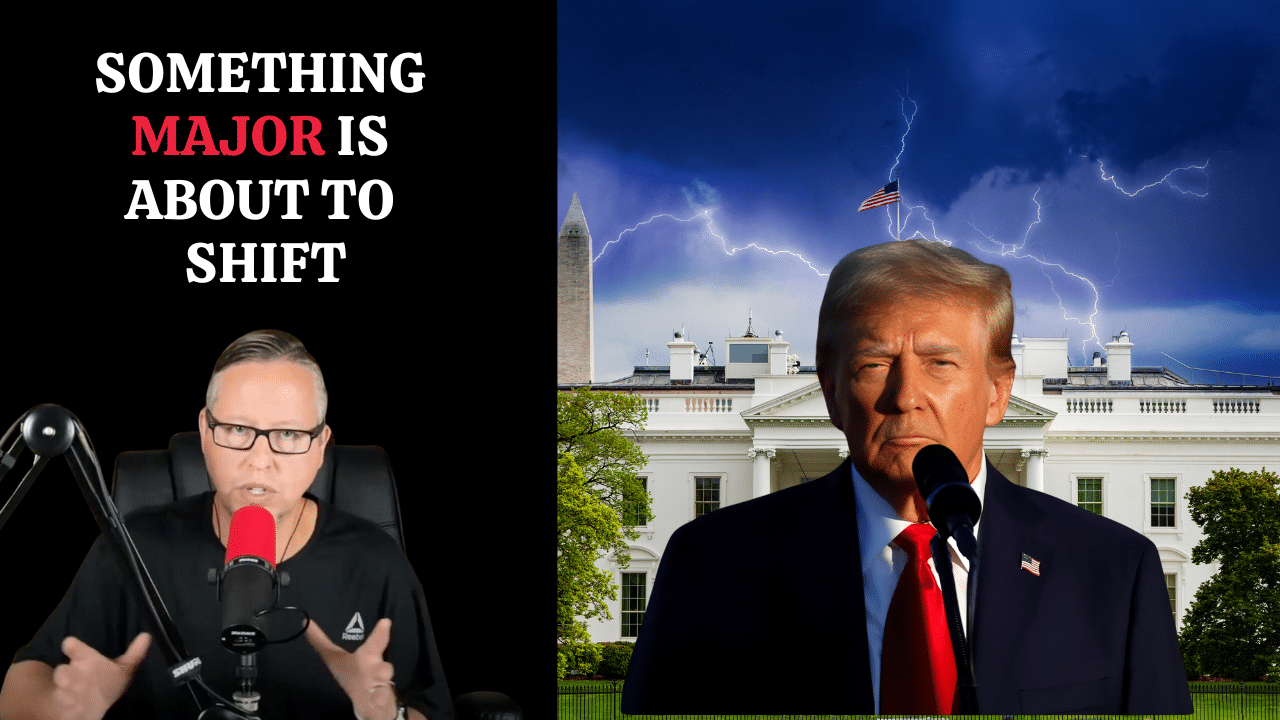Sweden has issued five million pamphlets warning its citizens to stockpile food and water – just hours after Volodymyr Zelensky’s chilling video address to Vladimir Putin warned US missile strikes “will speak for themselves.”
The government in Stockholm has updated its “If crisis or war comes” document from six years ago because of the “worsening security situation” following Russia’s invasion of Ukraine. It comes just as Washington has given the green-light for US-missiles to be used to strike inside Russian territory for the first time.
Zelensky warned Putin the US missiles could be used in just days. He said: “There’s a lot of talk in the media about us receiving permission for respective actions. But strikes are not carried out with words. Such things are not announced. Missiles will speak for themselves.”
It comes as residents in Sweden warned its residents to “shelter” amid fears of nuclear war breaking out. The pamphlet, which has been issued just five times since World War II, is twice the size of previous years.
It states: “The global security situation increases the risks that nuclear weapons could be used. In the event of an attack with nuclear, biological or chemical weapons, take cover in the same way as in an air attack,’ it instructs readers. Shelter provides the best protection. After a couple of days, the radiation has decreased significantly.’
Meanwhile, another dire warning, which has been brought forward from the middle of the booklet in the updated version, reads: ‘If Sweden is attacked by another country, we will never give up.
All information to the effect that resistance is to cease is false.” Neighbouring Finland has also just published and updated his advice online on “preparing for incidents and crises” on how to manage on their own in the event of a war.
In a section on military conflict, the digital brochue explains how the government would respond in the event of an armed attack – stating authorities are “well prepared for self-defence.”
Norwegians also received a pamphlet urging them to manage on their own for a week in the event of war, extreme weather and other threats.
In the summer, Denmark’s emergency management agency confirmed it was emailing Danish adults on the food, water and medicine they would need to get through a crisis for three days. The list of items to be kept at home included long-life foods such as tins of beans, energy bars, pasta, and medicines in case of a nuclear attack.
Meanwhile, On Monday, millions of Swedes will start receiving copies of a pamphlet advising the population how to prepare and cope in the event of war or another unexpected crisis.
“In case of crisis or war” has been updated from six years ago because of what the government in Stockholm calls the worsening security situation, by which it means Russia’s full-scale invasion of Ukraine. The booklet is also twice the size.
Neighboring Finland has also just published its own fresh advice online on “preparing for incidents and crises”.
And Norwegians have also recently received a pamphlet urging them to be prepared to manage on their own for a week in the event of extreme weather, war and other threats.
During the summer, Denmark’s emergency management agency said it was emailing Danish adults details on the water, food and medicine they would need to get through a crisis for three days.
In a detailed section on military conflict, the Finnish digital brochure explains how the government and president would respond in the event of an armed attack, stressing that Finland’s authorities are “well prepared for self defence”.
Sweden joined Nato only this year, deciding like Finland to apply after Moscow expanded its war in 2022. Norway was a founder member of the Western defensive alliance.
Unlike Sweden and Norway, the Helsinki government has decided not to print a copy for every home as it “would cost millions” and a digital version could be updated more easily.
“We have sent out 2.2 million paper copies, one for each household in Norway,” said Tore Kamfjord, who is responsible for the campaign of self-preparedness at the Norwegian Directorate for Civil Protection (DSB).
Included in the lists of items to be kept at home are long-life foods such as tins of beans, energy bars and pasta, and medicines including iodine tablets in case of a nuclear accident.
Oslo sent out an earlier version in 2018, but Kamfjord said climate change and more extreme weather events such as floods and landslides had brought increased risks.
For Swedes, the idea of a civil emergency booklet is nothing new. The first edition of “If War Comes” was produced during World War Two and it was updated during the Cold War.
But one message has been moved up from the middle of the booklet: “If another country attacks Sweden, we will never give up. All information to the effect that resistance is to cease is false.”








